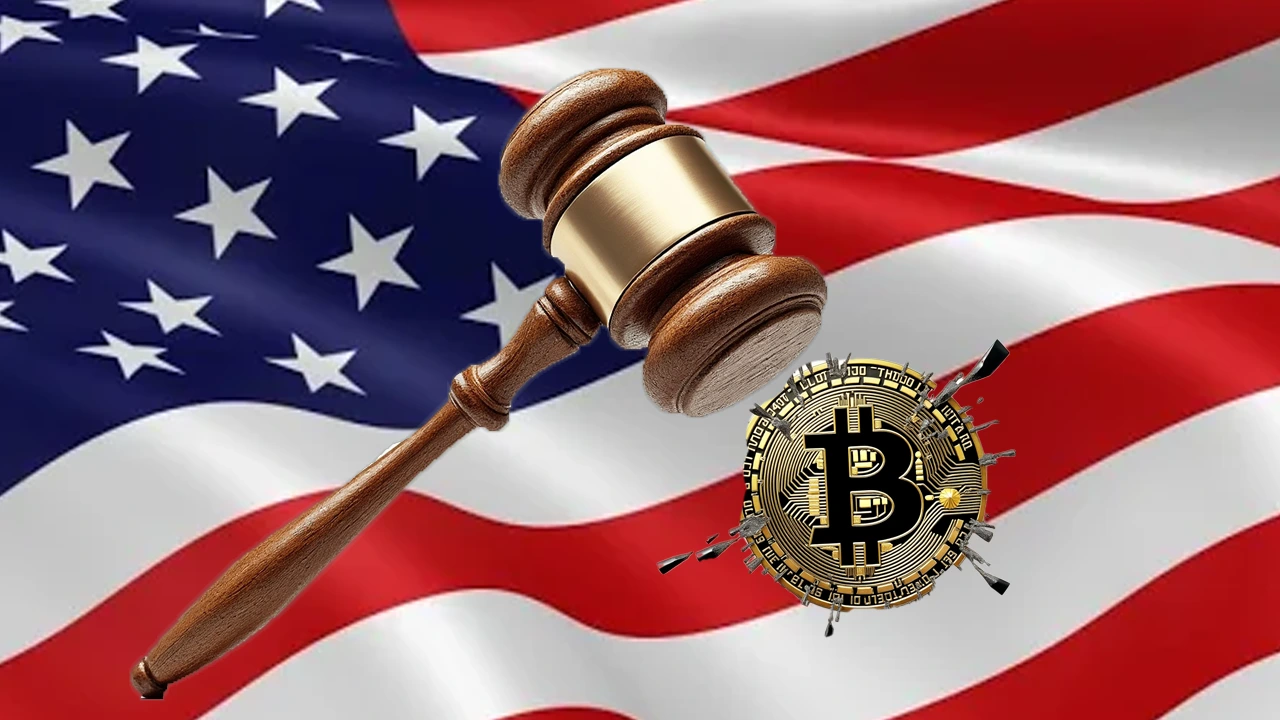
In a recent press conference following the monetary policy meeting, Federal Reserve Chair Jerome Powell emphasized that the Fed has no intention of participating in any government initiative to accumulate Bitcoin. He clearly stated that such decisions fall under the purview of Congress, and the Federal Reserve does not seek to alter existing legislation to permit Bitcoin holdings. This announcement had an immediate impact on the market, causing Bitcoin’s price to retreat from its earlier peak in the week. Furthermore, the likelihood of establishing a Bitcoin Strategic Reserve (BSR) decreased from a high of 40% on the 18th to 34% after Powell’s remarks, as reflected on the Polymarket platform.
Can the Federal Reserve Block the Bitcoin Strategic Reserve Plan?
The U.S. Congress holds the highest authority within the financial system, tasked with enacting regulations and empowering agencies like the Securities and Exchange Commission (SEC) and the Federal Reserve to fulfill their roles. While the Federal Reserve operates with significant independence in managing monetary policy and maintaining national economic stability, it does not have the power to veto or block the creation of a Bitcoin Strategic Reserve. The ultimate decision lies with Congress, which oversees the regulatory framework and can initiate such developments.
Can the Trump Administration Quickly Establish a Bitcoin Strategic Reserve?
To rapidly establish a strategic Bitcoin reserve, the Trump administration could potentially issue an executive order directing the U.S. Treasury to utilize the Exchange Stabilization Fund (ESF) for direct Bitcoin purchases. The ESF operates independently of Congress, granting the President and the Treasury significant autonomy in its deployment. This approach would bypass the need for congressional approval, potentially reducing political opposition. However, the long-term viability of such a reserve remains uncertain, as future administrations could revoke or modify the executive order, given its expansion of executive power and susceptibility to changes by subsequent orders.
Establishing a Long-term Bitcoin Strategic Reserve
For a more sustainable and legal establishment of a long-term BSR, congressional legislation would be a more stable route. This could involve incorporating Bitcoin into the “Strategic Reserve Act” or similar laws, thereby formally recognizing Bitcoin as a national strategic asset. Senator Cynthia Lummis has proposed the “U.S. Bitcoin Strategic Reserve Act,” which is currently under review by the Senate Banking Committee. This legislative approach is more time-consuming and could encounter challenges, as the bill must pass through both the Senate and the House of Representatives before receiving presidential approval. Ultimately, the Treasury Department, rather than the Federal Reserve, would play a leading role in implementing the Bitcoin reserve.
Is There a Middle Ground?
A potential middle ground could be explored by the Federal Reserve and the Treasury Department regarding Bitcoin allocation. The Federal Reserve could consider purchasing Bitcoin through open market operations and adding it to its balance sheet. However, given the Fed’s recent statements, this scenario seems unlikely. Alternatively, the Treasury Department could establish a special fund to invest in Bitcoin as part of a fiscal investment plan, though this would necessitate congressional approval. Despite the Fed’s cautious stance, the Trump administration has demonstrated support for the concept through its actions, suggesting a nuanced struggle between traditional financial power structures and emerging market innovations.






